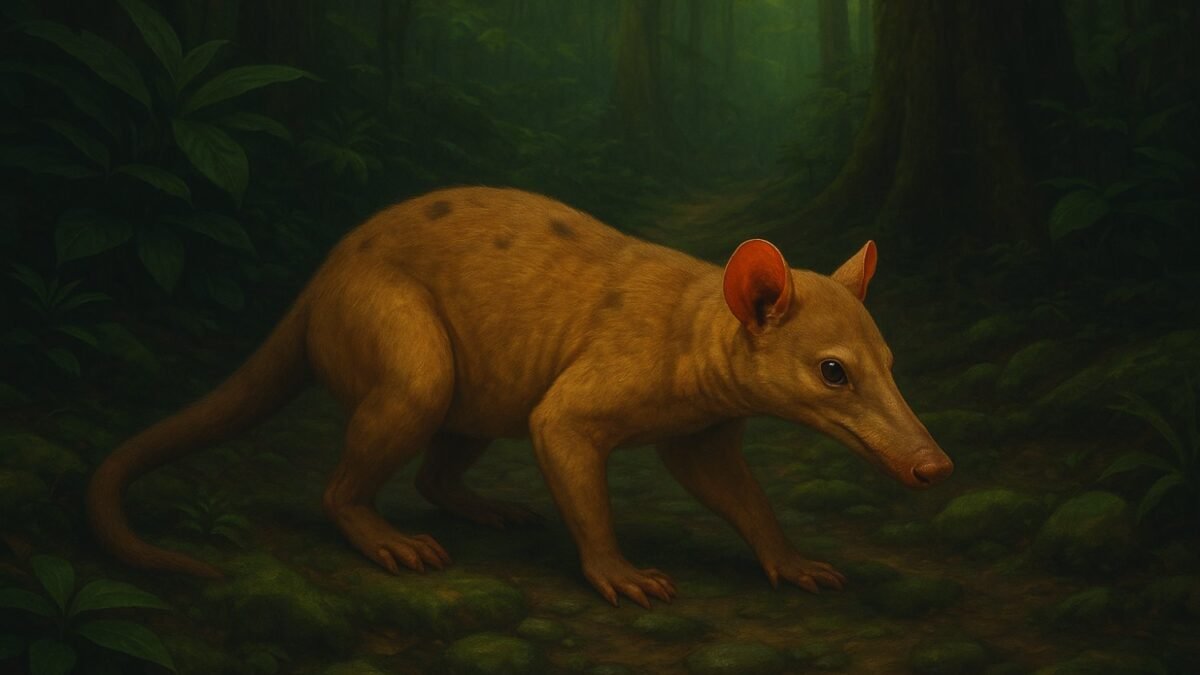The Hammer-Toothed Marsupials Rewriting Evolutionary History

In the north of Australia, beneath layers of sediments that hold secrets of another time, They were tiny, but they had jaws capable of breaking shells. not only adds three species to the marsupial family tree, but also reshapes the evolutionary history of the continent.
Teeth that told a different story

, discovered in the Riversleigh region, belong to the malleodectids, a little-known family whose name literally means “hammer teeth”. The newly described species —Exosmachus robinbecki, Chitinodectes wessechresti, and Protamalleus stevewroei— lived between 25 and 17 million years ago, much earlier than previously thought.
, indicating a diet focused on snails, something virtually unique among known marsupials. This finding suggests that the ecological diversity of Australia was even greater, and that some of those niches disappeared after their extinction.
Lost ecosystems in time

At that time, northern Queensland was a vibrant tropical forest, very different from the arid landscape today. There, these small carnivores —weighing only 110 to 250 grams— coexisted with larger predators, such as the so-called “marsupial lions” and relatives of the Tasmanian tigers.
Some , combining meat and mollusks in their diet, while others were more generalists. This mosaic of lifestyles reflects a complex ecosystem that has no parallel in modern Australian fauna.
An evolutionary puzzle under construction
used morphological and phylogenetic analyses to place these animals within marsupial evolution. One of the most notable discoveries is that represents the most primitive form of the group, implying that its lineage was not a passing curiosity, but a lasting branch that evolved for at least 15 million years.
believe that many species are still waiting to be discovered in Australian fossil deposits. Each finding requires a reconsideration of the marsupial history, showing that the continent’s evolution was marked by unique biological experiments, whose footprint still emerges, little by little, from the rocks.






